At the end of October, the US published an official gazette announcing its initiation of a review to change circumstances to consider Vietnam's market economy (MES) status.
PV. VietNamNet had an interview with Mr. Trinh Anh Tuan, Director of the Department of Trade Defense (Ministry of Industry and Trade) about this issue.
Favorable context and positive US moves
- Could you tell us what the process will be like for the US to initiate a review to change the circumstances to recognize Vietnam as a market economy, and what is the deadline to issue a final conclusion on Vietnam's market economy?
Mr. Trinh Anh Tuan:
On September 8, 2023, the Ministry of Industry and Trade submitted a request to the US Department of Commerce (DOC) to initiate a change-of-circumstances review (CCR) to recognize Vietnam as a market economy within the framework of the first administrative review of antidumping duties (CBPG) on honey to the US Trade Remedies Portal (ACCESS). According to US regulations, the DOC has 45 days to consider initiating a CCR.
On October 23, 2023, DOC officially initiated the CCR to review the KTTT issue for Vietnam. Accordingly, unless extended, interested parties will have 30 days from the date of publication in the Federal Register (October 30) to submit comments (due by November 29, 2023), and another 14 days to submit rebuttal comments (due by December 13, 2023). According to the CCR procedure, unless extended, DOC will have 270 days from the date of initiation to complete this review and issue a final conclusion (expected by July 26, 2024).

- What do you think about this action of the US, when recently our senior leaders have continuously mentioned the request for the US to soon recognize Vietnam as a country with a market economy?
It can be said that the issue of KTTT is one of the important issues that the two countries are concerned about and has been included in the Joint Statement on upgrading Vietnam - US relations. Therefore, the US's initiation of a review to change the circumstances to consider the KTTT issue for Vietnam is considered a positive and goodwill move from your side.
However, to consider the issue of KTTT in Vietnam, it is necessary to comply with US legal regulations. This process requires the participation of the Vietnamese Government, organizations, individuals, associations, industries, and related businesses, and must comply with the deadline set by the US. Currently, the Ministry of Industry and Trade is coordinating with relevant ministries and sectors to participate in the US investigation process.
The current context provides us with a number of advantages, especially the recognition of Vietnam's economy by many countries and its active integration into bilateral and multilateral free trade agreements. Currently, 72 countries have recognized Vietnam as operating under a market economy mechanism, including the United Kingdom, Canada, Australia, and Japan.
Vietnam has also signed more than 90 bilateral trade agreements and about 60 investment promotion and protection agreements. As of August 2023, Vietnam is a member of 16 Free Trade Agreements (FTAs) with the participation of about 60 economies, of which 15 FTAs have come into effect and 1 new FTA has been officially signed. Vietnam is currently negotiating 3 other FTAs.
Among them are many new generation FTAs such as CPTPP, EVFTA, meeting high standards in traditional areas such as trade in goods and services and new areas such as labor, environment, government procurement, transparency, investment dispute settlement mechanism, and state-owned enterprises.
"The mission is extremely urgent"
- So, in the past time, what specific steps and preparations has the Ministry of Industry and Trade taken to contribute to promoting the process of the US soon recognizing Vietnam as a country with a market economy?
According to US regulations, to recognize a country as having a market economy is a process of closely reviewing 6 criteria according to the laws on the macro economy and business environment of that country, including: The level of currency conversion; The issue of salary and wage negotiations between employees and employers; The level of foreign investment in economic activities; The issue of state ownership and private ownership; The level of government control over some resources and prices; Other factors.
Since 2008, Vietnam and the US have established the Structural Issues Working Group (SIWG) and have held 10 technical meetings to exchange information according to 6 US criteria, helping the US update on the strong progress of Vietnam's economy in recent years, creating a premise for you to have a basis to review and reconsider the issue of market economy for Vietnam.
Recently, the Ministry of Industry and Trade has closely coordinated with ministries, branches, associations and domestic and foreign business communities to analyze and synthesize information at the request of the DOC on the positive changes of Vietnam's economy, emphasizing the level of openness of the economy, trade policy, monetary policy, foreign investment and progress in integration work to meet the 6 US criteria for a country with a market economy.
To be proactive and well-prepared when participating in the litigation process to review and change the circumstances of a trade defense case to prove that we are a country with a market economy, the Ministry of Industry and Trade has been building arguments to respond, explain, clarify or refute the opinions of other relevant parties regarding Vietnam's market economy issue.
The task of promoting the US recognition of Vietnam as a market economy country is an extremely urgent and necessary task in the current context. To carry out this task systematically, synchronously and comprehensively, there needs to be close coordination among relevant ministries, industry associations, businesses, organizations and individuals.
- Currently, the US is still the country that investigates and applies the most trade remedies to Vietnam's export goods. So if it is recognized as a market economy, what advantages will Vietnam's economy have?
In the context of Vietnam's increasing exports to the US (with total export turnover of goods reaching 109.39 billion USD in 2022), the recognition of the issue of KTTT is of great significance for our manufacturing and export industries, creating an equal competitive advantage between our goods and the export goods of other countries when the PVTM tax rate reflects the production practices in Vietnam. The KTTT issue is of particular importance in the handling of PVTM cases.
Specifically, in anti-dumping cases: Being considered a non-market economy means that the normal price calculation principles will not be used, the investigating country will use a third country to calculate the replacement price when calculating the dumping margin, causing the dumping margin to be often very high, not reflecting the true production practices of Vietnam. This creates a huge disadvantage for exported goods when they cannot compete with exported goods from other countries. For example, in the anti-dumping investigation case on honey products, the high dumping margin that the US calculated for Vietnamese enterprises had a preliminary tax rate of up to more than 410% and finally up to 60%.
In the cases of the US investigating anti-dumping/countervailing duty evasion on Vietnamese exports, the US applied the method for non-market economy countries to calculate production costs in Vietnam to determine whether the assembly or finishing process in Vietnam is significant or not.
In addition, the nationwide tax rate provision hinders the lifting of the tax order. Specifically, considering Vietnam a non-market economy allows the DOC to apply a nationwide tax rate - a tax rate for businesses that do not cooperate or cannot prove that they are not under the control of the Government. The nationwide tax rate is often calculated based on available data, so it is pushed up very high, equivalent to a ban, and is maintained in all reviews, hindering the consideration of lifting the tax order.
In addition, changing the country as a surrogate value for Vietnam makes it difficult for businesses to proactively control the anti-dumping tax rate, often receiving high tax rates. Typically, in many cases such as tra, basa or shrimp, the US has used the normal value of some countries such as Bangladesh, Indonesia, India, and the Philippines as a surrogate value when calculating the dumping margin for Vietnam. By frequently changing the surrogate country during the review, Vietnamese tra, basa and shrimp businesses have repeatedly received high tax rates.
Thank you!
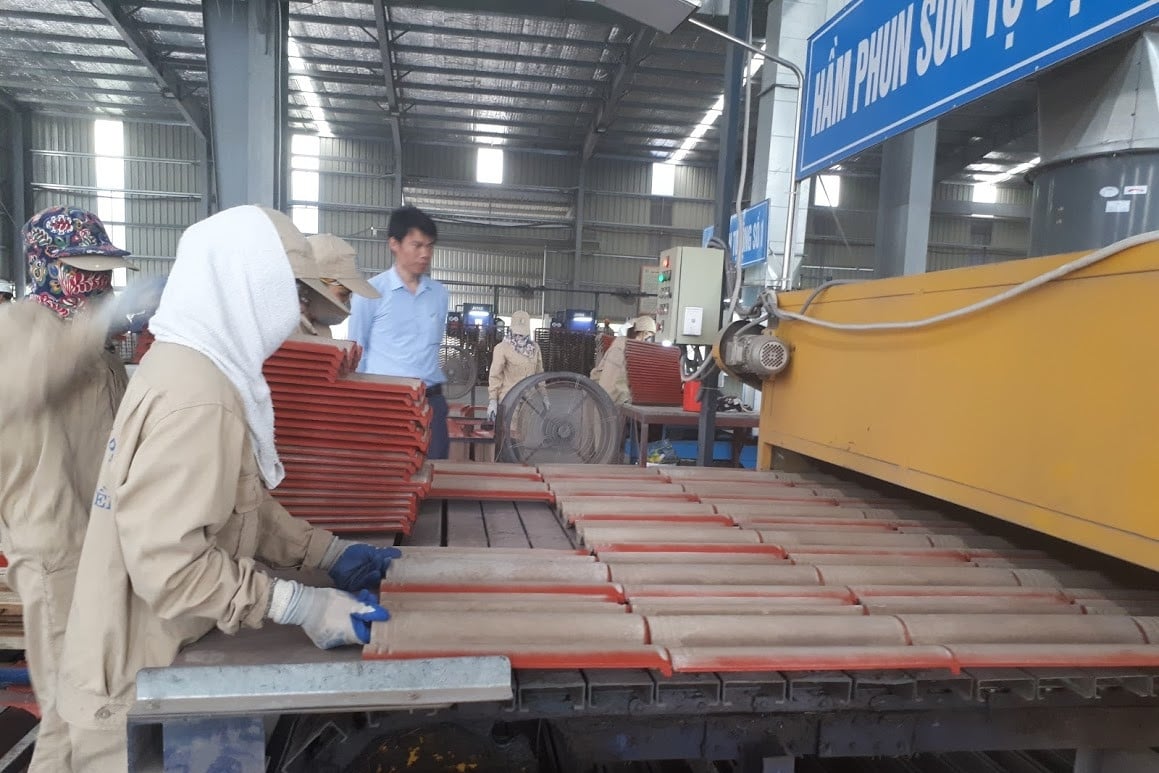
Source



![[Photo] Prime Minister Pham Minh Chinh receives Deputy Prime Minister of the Republic of Belarus Anatoly Sivak](https://vstatic.vietnam.vn/vietnam/resource/IMAGE/2025/4/2/79cdb685820a45868602e2fa576977a0)
![[Photo] Prime Minister Pham Minh Chinh receives CEO of Standard Chartered Group](https://vstatic.vietnam.vn/vietnam/resource/IMAGE/2025/4/2/125507ba412d4ebfb091fa7ddb936b3b)

![[Photo] General Secretary To Lam receives Russian Ambassador to Vietnam](https://vstatic.vietnam.vn/vietnam/resource/IMAGE/2025/4/2/b486192404d54058b15165174ea36c4e)







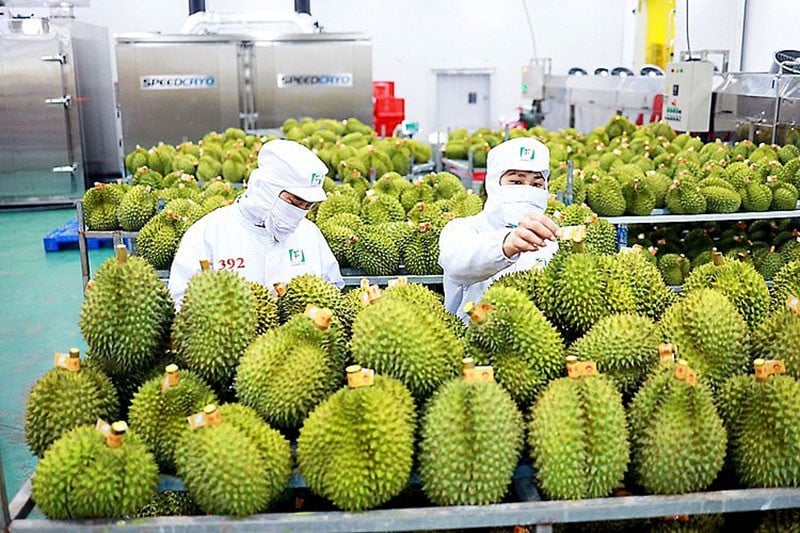

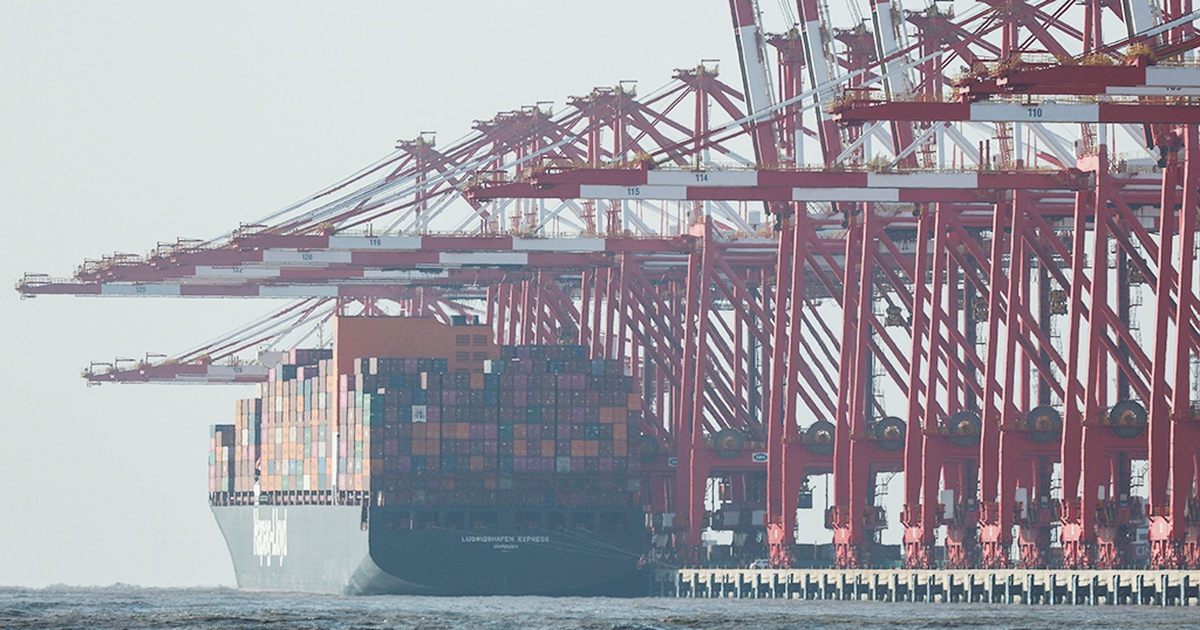

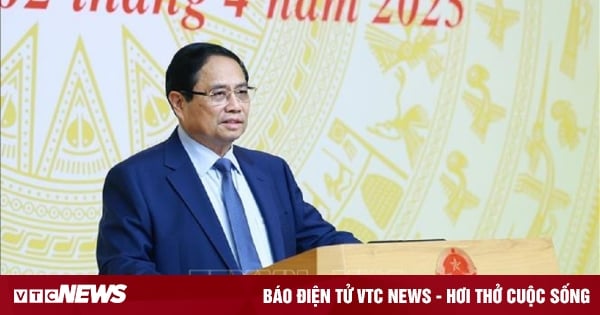




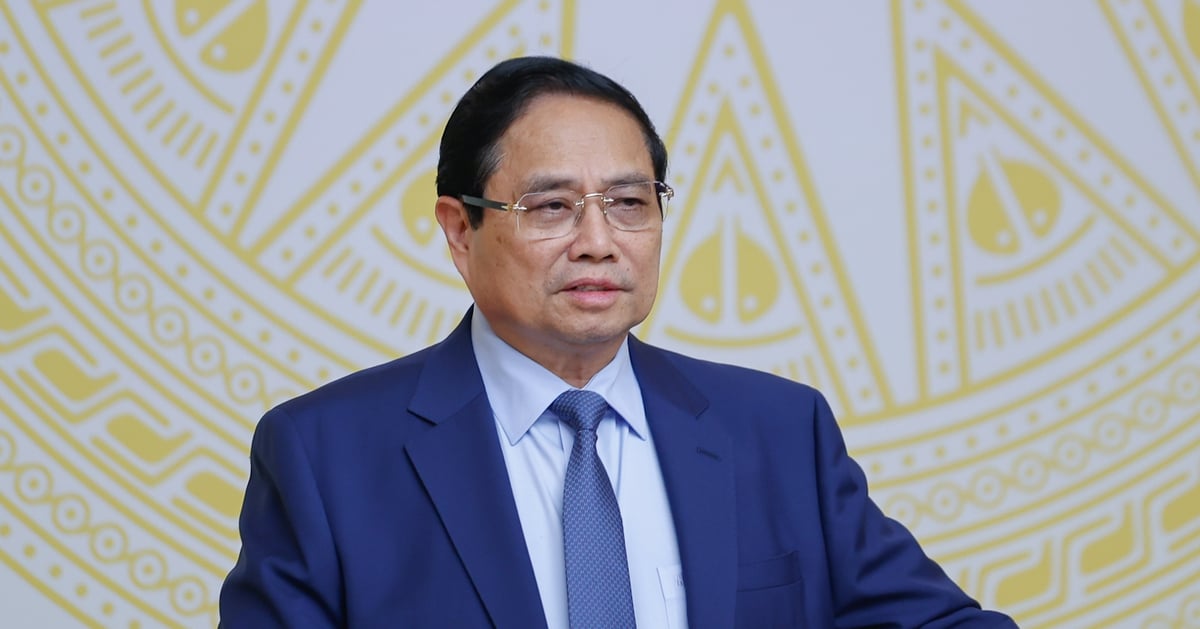






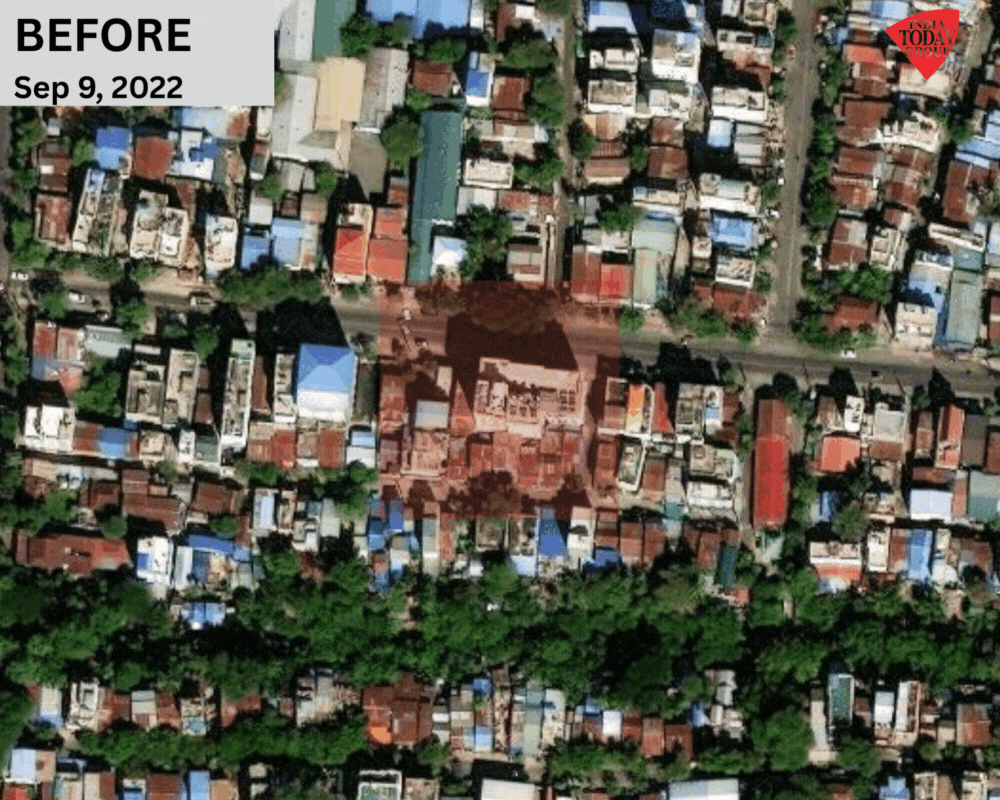


![[Photo] Comrade Khamtay Siphandone - a leader who contributed to fostering Vietnam-Laos relations](https://vstatic.vietnam.vn/vietnam/resource/IMAGE/2025/4/3/3d83ed2d26e2426fabd41862661dfff2)













































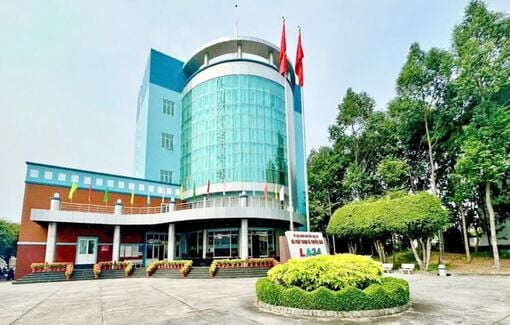

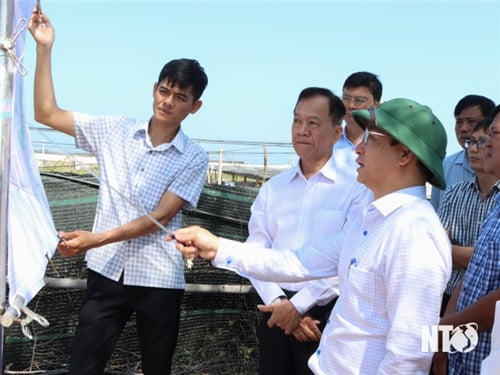

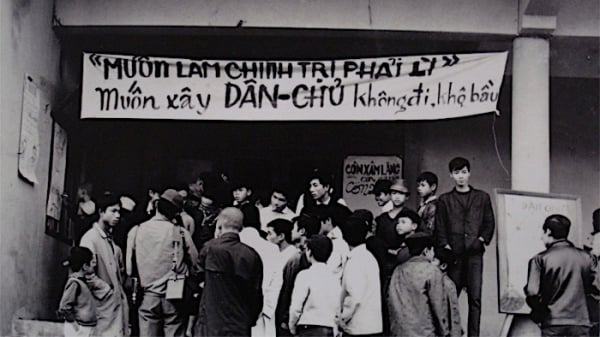
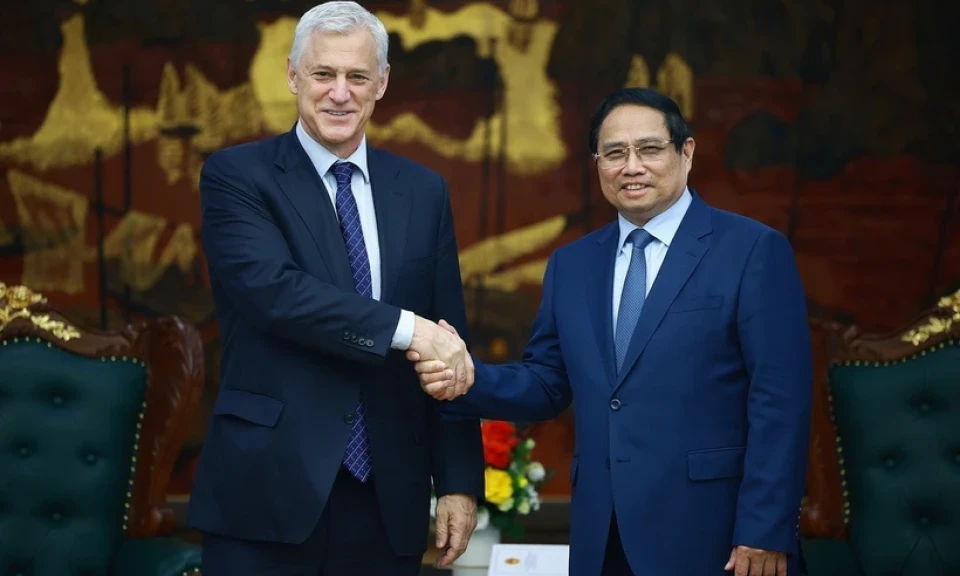
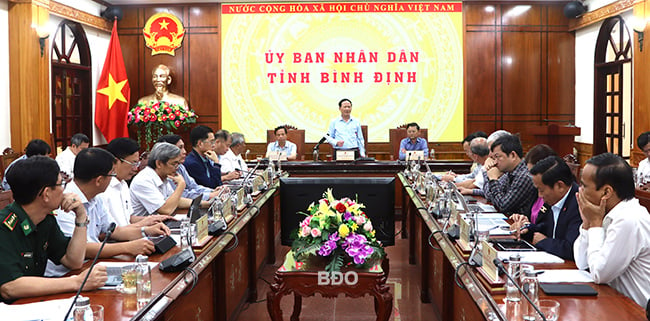











Comment (0)